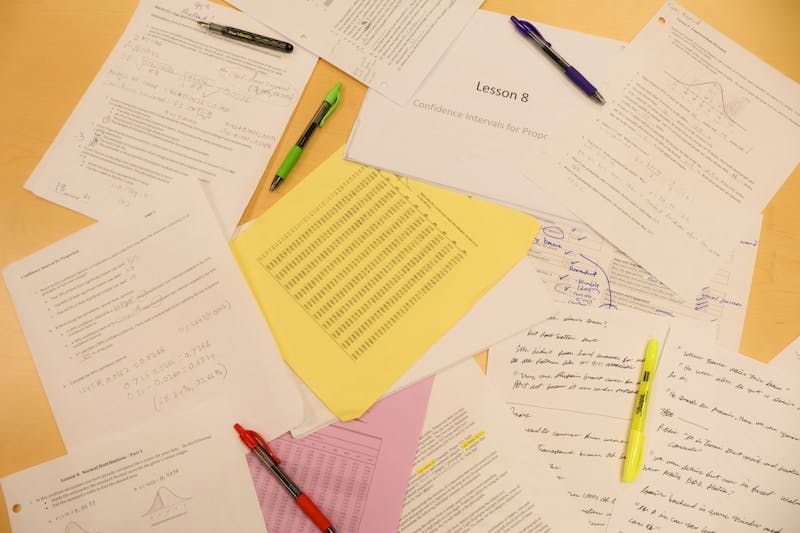A radical approach to political forecasting is challenging conventional norms and “flipping giant paradigms of electoral theory upside down.”
Those words were spoken by Christopher Newport University professor Rachel Bitecofer who is convinced political scientists rely on obsolete models to predict electoral outcomes.
Central to her argument is the belief that swing voters no longer play a vital role on Election Day. Rather, she points to voter enthusiasm and partisan bias as the true litmus test for success.
In a series of published papers, Bitecofer denounced decades of political thought germane to the subject.
“One byproduct of the contemporary environment is that analysis relies heavily on assumptions and theories of political behavior, much of which was produced in the pre-polarized era.”
To account for current conditions, Bitecofer focuses almost entirely on the electorate.
An article penned by Politico correspondent David Freelander summarized the crux of Bitecofer’s thesis.
“The real ‘swing’ doesn’t come from voters who choose between two parties,” she argues, but from people who choose to vote, or not (or, if they do vote, vote for a third party).”
In layman’s terms, the political party with the most registered voters who inspires the largest percentage of participation will win. But is it really that simple?
Unsurprisingly, Bitecofer’s theory has drawn criticism from seasoned forecasters.
“The idea that turnout explains every election result… is just factually not true,” said Dave Wasserman, House Editor of the Cook Political Report. However, recent trends challenge his assertion.
For example, heading into the 2018 midterms, Bitecofer accurately predicted Democrats would capture a net total of 42 House seats against an eventual tally of 41. Not bad for an insurgent.
Despite criticism that Bitecofer is simplifying a complex issue, I believe her theory holds merit. Acute polarization has changed the rules of engagement for political prognosticators.
Instead of fixating on the illusion that independents determine elections, each party should internalize its efforts. Securing core support is the root of all successful campaigns and cannot be ignored. When political parties motivate its base, swing voters are of little consequence.
And this begs a question. If you are a registered voter attending Shippensburg University, can your party count your vote? If you’re interested in supporting her theory, I implore you to do so.


The Slate welcomes thoughtful discussion on all of our stories, but please keep comments civil and on-topic. Read our full guidelines here.